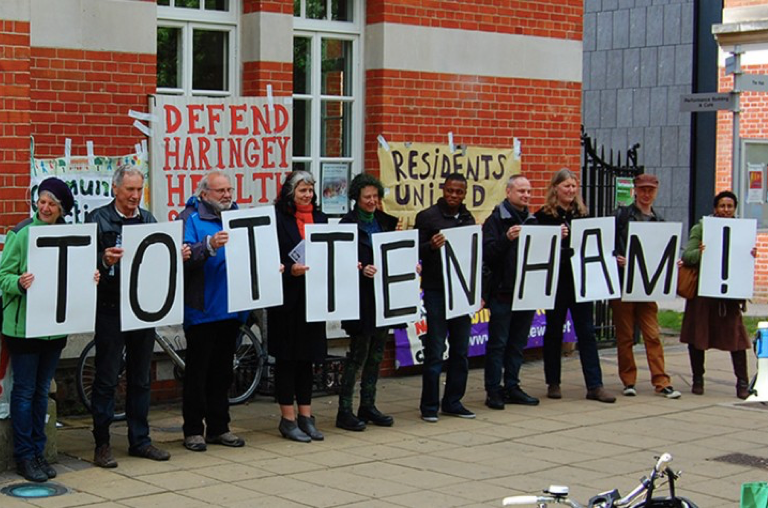The Trust Map.

Abstract
The proposed research project is based on the premise that trust and empathy underpin social equality, and a lack of trust can lead to social exclusion and issues in power dynamics. Although digital use (as a whole) has increased in the UK, this usage may not ameliorate social inequality or alter community disconnection. In fact, some attempts at digital inclusion may actually lead to greater social exclusion and alienation. As noted by Helsper (2012), digital and social inclusion are impacted by social, cultural and psychological factors, such as power and trust, alongside issues of access, motivation and confidence. Ten years ago, the Joseph Rowntree Foundation (2004) produced a report on power and the co-production of community trust in investigations of the digital divide. It suggested that digital resources are powerful tools that can aid in the reparative process of community building and reconnection. Ten years on, research has examined these issues separately, but no research has drawn all of the strands together, addressing the development of, and relations between, power, (mis)trust, empathy and exclusion/inclusion. This novel and timely research project examines the ways that trust (and legacies of mistrust) can lead to social exclusion and power imbalances within minority communities (broadly defined) impacted by digital exclusion in the UK. It does this by using: i) large-scale data analysis of the relation between digital inclusion and empowerment; ii) localized and sustained community-centred activities to investigate the links between digital disempowerment, social exclusion and trust; iii) ethnographic fieldwork and community focus groups to map trust and power offline and online; and iv) participatory community interaction along with the design and implementation of innovative hyper-local technologies to gather and visualise real-time data on community trust. Pilot groups will be consulted on the design of these technologies and, again, before they are deployed to community test sites for evaluation. The final product of these exchanges and data collection is the design of a ‘Trust Map’–digital visualization prototype of trust. By investigating the interplay between trust, power, empathic behaviour between communities and social (in)equality, the project tests the transformational potential of online resources or tools for mitigating social injustice. While the project will map community trust between members and toward structures of authority, it will also map the next ‘turn’ in digital social research (Jankowski 2007); not just the creation of new technology to increase digital use and access to social services (Digital Inclusion Team 2007), but novel solutions to social problems through the use of digital engagement. This aspect of ‘digital’ as power is a significant one as digital currency becomes less of a choice and more a necessity in order to exist as an engaged and active citizen, in terms of government interaction and access to public services (Lips 2013). Digital inclusion, within the Trust Map, entails more than just increasing digital access and use–it is about communities, power and the potential for societal change.
Project Details
- Date:
- July 14 – January 2018
- Funding:
- ESRC (ES/M003566/1 and ES/M003566/2)
- Funded value:
- £994,863
- Collaborators
- Karen Salt, University of Nottingham (Principal Investigator)
- Emma Grace Flynn, Durham University (Co-Investigator)